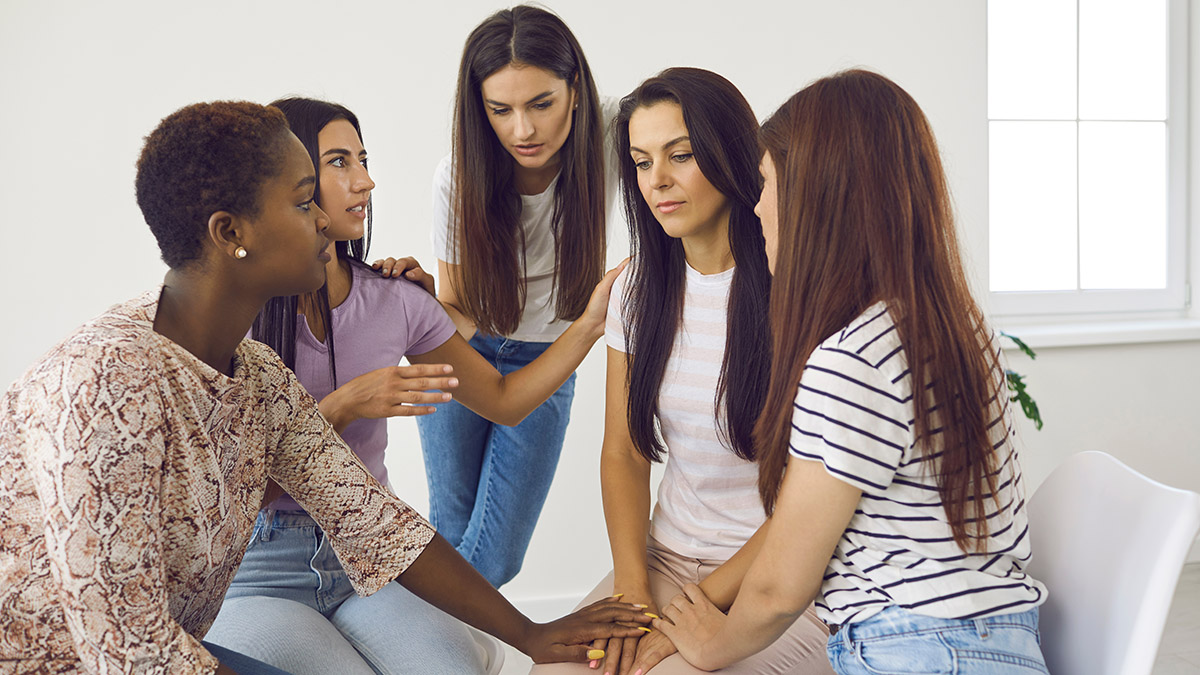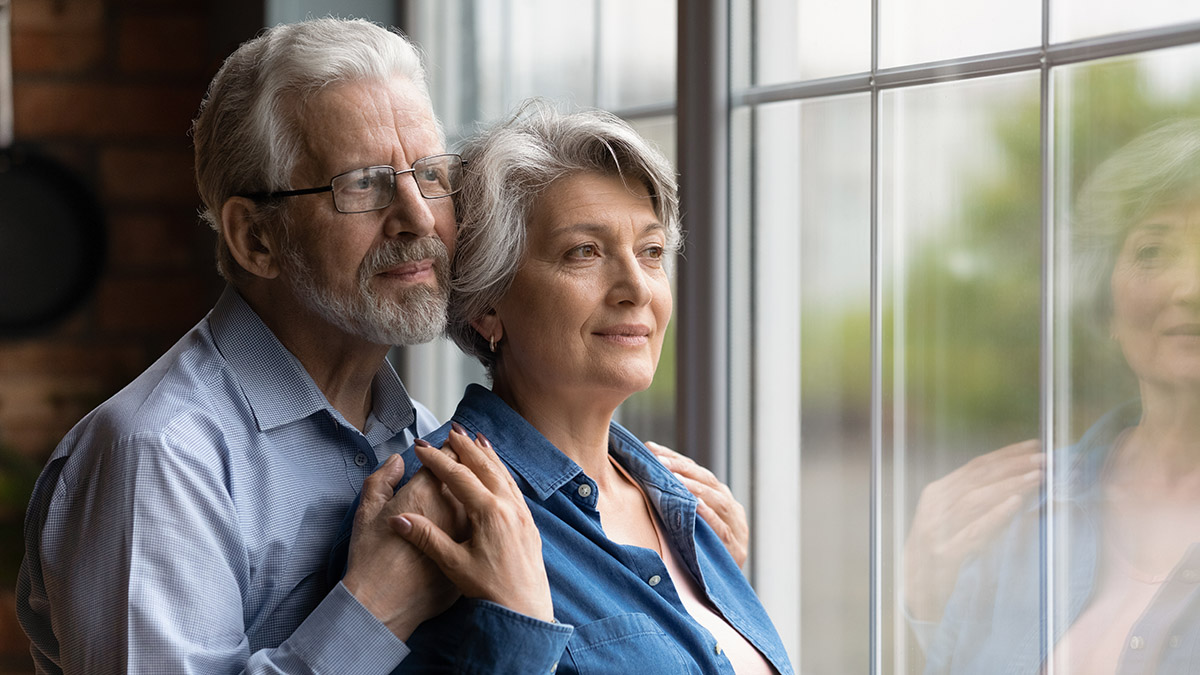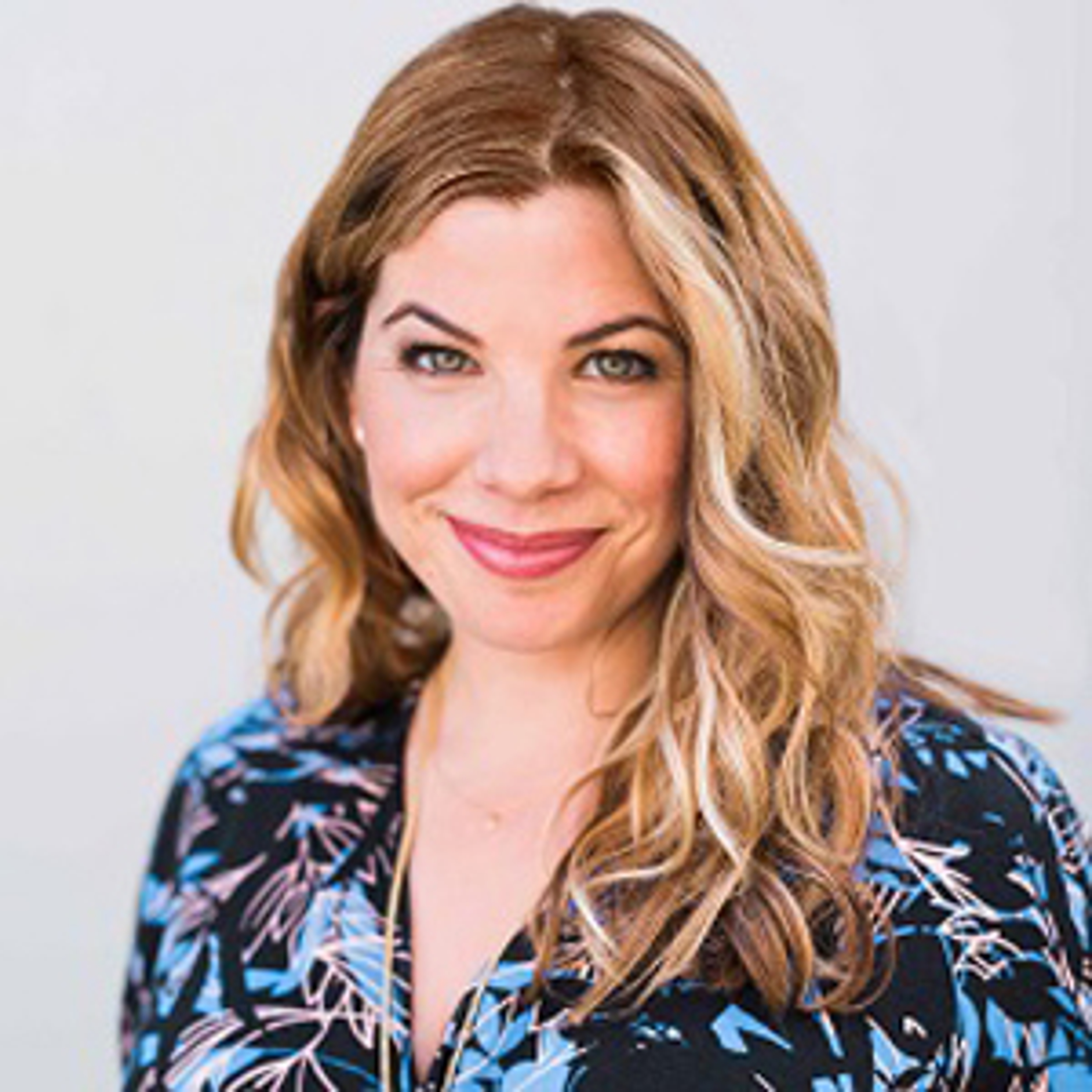Grieving and Healing After Profound Loss
Academy Award-nominated writer and director Colin Campbell shares advice for expressing grief in a more healthy way.
Jun 10, 2023
June is known for many things in the United States: the end of school, the transition to summer, graduations, and, of course, Father's Day. But while so much of the marketing would suggest that Father's Day is centered on happy celebrations, this day can also be charged with mixed emotions, including sadness, longing, and other symptoms of grief. The more we talk openly about how holidays such as this contain a variety of feelings, the more we can get comfortable with supporting each other through them.
In a recent “Light After Loss" episode, Modern Loss' Rebecca Soffer spoke with Colin Campbell, an Academy Award-nominated writer and director for theater and film. In the summer of 2018, Colin and his wife, Gail, were hit by a speeding drunk driver. Their two teenage children, Ruby (who was 17) and Hart (who was 14), were in the backseat and did not survive. Colin's new book, “Finding the Words: Working Through Profound Loss with Hope and Purpose," aims to help people find ways to express their grief so that they can live more fully while also holding their loved ones close.
Here are some key takeaways from their conversation.
What should people say to someone who is grieving?
A common misconception is that the role of a supporter is to fix whatever pain the griever is going through. But people should feel relieved of that burden because they don't need to solve that problem (for which there is no solution anyway). Supporters merely need to figure out how they can articulate that they are there for that person, that they care about them, and that, if pertinent, they loved the person that has died.
How can we feel less isolated in our grief?

Community is so important in grief. There's a stereotype that when someone in your life dies, you're supposed to enter your grief cave and come out whenever you're ready. In reality, being with others is imperative. For example, I felt that the Jewish tradition of shiva, when the entire community is supposed to come and sit with the mourner for seven straight nights, was extremely comforting. My initial instinct was to retreat, because the grief over my children was so painful. But then I realized that my pain was coming from love, and that it would be a lot more helpful for me to feel held by a community and be able to share stories and feel seen than to be alone.
Grievers should also try to figure out how to tell the people in their life what they need as support. Most people want to provide meaningful support — they just don't know how.
How can partners who are grieving together help each other?
After our children died, my wife and I clung to each other; after all, we were the only ones who understood our particular loss. But there can be strength in having different responses. As time went on, we found that sometimes we'd be on the same emotional page. Other times, one of us might feel full of despair while the other one was in a different place, say, remembering a beautiful and comforting memory — and that person was the one who'd take the lead in helping the other through the tough moment.

What role do kindness and joy play in personal grief?
When we are grieving, it can be easy to forget to take care of and be compassionate to ourselves. It can also be easy to get caught up in cycles of regret or self-criticism. But those thoughts can be very punishing. While sometimes the very idea of allowing ourselves to feel joy and pleasure can be difficult in grief, it's an enormously important thing to try to let in. Feeling joy — even the fleeting moments — and reminding ourselves that we are simply humans going through something very universal can help counteract the hardness we place on ourselves and help us avoid mental and emotional burnout.
This article was authored by ModernLoss.com, which offers candid conversation about grief and meaningful community throughout the long arc of loss.







